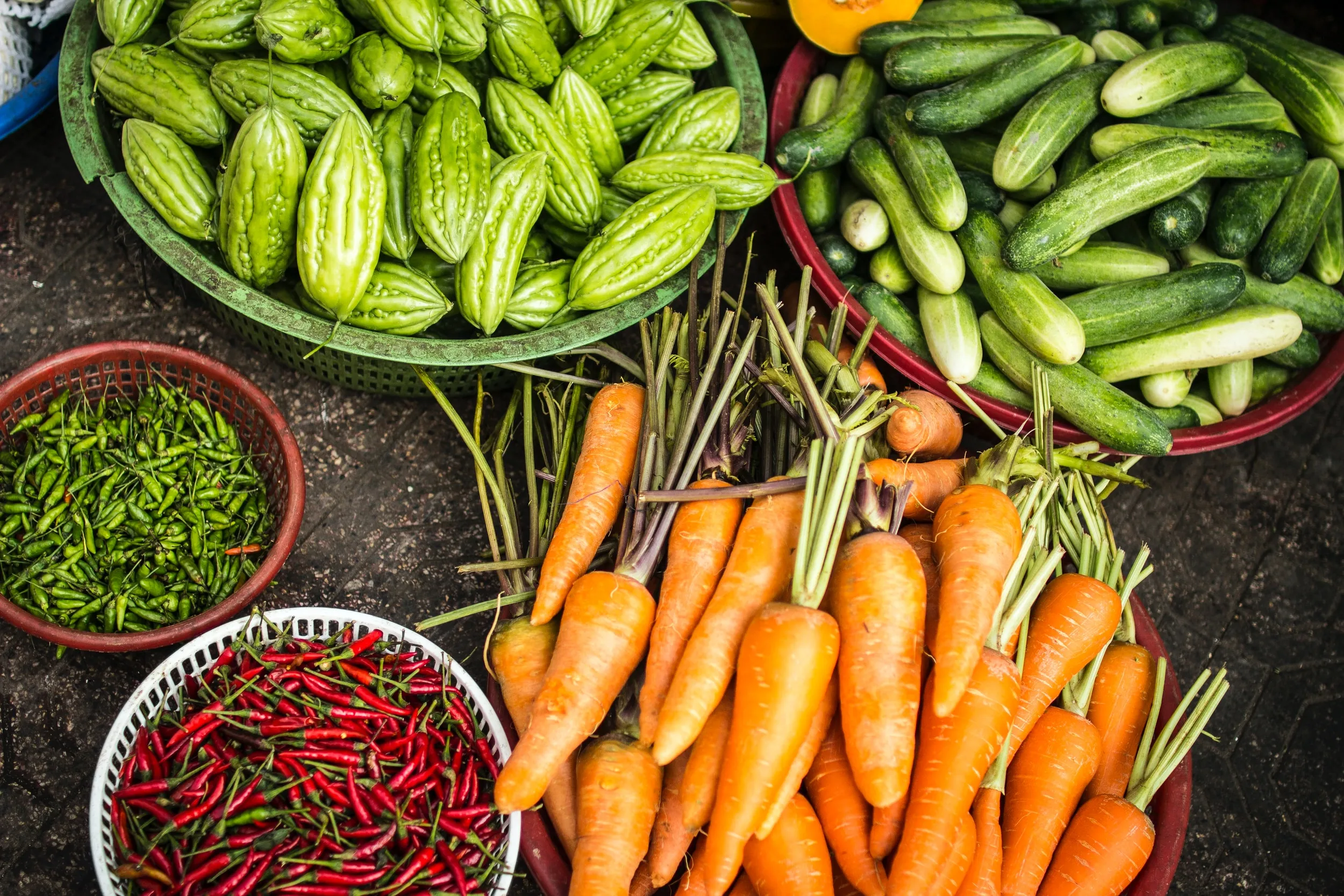The Environmental Benefits of No-Till Farming
Unveil the ecological advantages of 'The Environmental Benefits of No-Till Farming' in this insightful blog post by Vriksha Farms. Discover how no-till farming methods contribute significantly to soil health, reduce erosion, and promote biodiversity. Learn about the innovative equipment and strategies that make no-till farming a sustainable choice, helping to preserve our environment while maintaining agricultural productivity. This post is an essential read for farmers and environmental enthusiasts looking to understand and implement eco-friendly farming practices."

Introduction
In the contemporary agricultural landscape, no-till farming has emerged as a beacon of sustainability and environmental stewardship. Vriksha Farms, a pioneer in managed farmland development, embraces this eco-friendly approach, underscoring its commitment to responsible agroforestry and productive farming practices. This blog post delves into the environmental benefits of no-till farming, highlighting how this method aligns with Vriksha Farms' ethos and contributes to a healthier, more sustainable ecosystem.
Preserving Soil Integrity
- Reduction in Soil Erosion
No-till farming significantly reduces soil erosion. Without the disruption of plowing, the soil structure remains intact, preserving its natural composition and resilience against water and wind erosion.
- Enhanced Soil Health
The practice maintains the soil's organic matter and fosters a healthy ecosystem for microorganisms. This leads to improved soil fertility and structure, ensuring long-term agricultural productivity.
Water Conservation and Quality
- Improved Water Retention
No-till fields retain more water, reducing the need for irrigation and helping crops withstand periods of drought. This conservation of water resources is crucial in the face of changing climate patterns.
- Protection of Waterways
By minimizing soil erosion, no-till farming reduces runoff into waterways, preventing the transport of pollutants and sediments, and thus safeguarding water quality.
Carbon Sequestration
- Mitigating Climate Change
No-till farming plays a significant role in carbon sequestration. By leaving the soil undisturbed, it allows organic matter to decompose naturally, trapping carbon within the soil rather than releasing it into the atmosphere.
- Biodiversity Enhancement
Habitat for Beneficial Insects and Wildlife
The preservation of crop residues on the field surface creates a habitat for beneficial insects and wildlife. This biodiversity is essential for ecological balance and supports natural pest control methods.
Reduced Carbon Footprint
- Lower Fuel Consumption
No-till farming requires fewer passes over the field, significantly reducing fuel consumption. This reduction in fossil fuel usage contributes to a lower carbon footprint for farming operations.
Aligning with Vriksha Farms' Sustainable Practices
- Commitment to Sustainable Living
Vriksha Farms integrates no-till farming into its projects, aligning with its commitment to sustainable living and providing a tangible return on investment (ROI) for environmentally conscious farming.
- Addressing Customer Needs
By adopting no-till methods, Vriksha Farms addresses various customer needs, from concerns about food security to aspirations for a sustainable lifestyle. This approach caters to those seeking to invest in environmentally responsible farmland.
Conclusion
No-till farming stands as a testament to Vriksha Farms' dedication to sustainable and responsible agriculture. By embracing this method, they contribute to the preservation of soil health, water quality, and biodiversity, ensuring a sustainable future for farming. This environmentally conscious approach not only benefits the ecosystem but also offers long-term productivity and financial viability for farmers and investors alike.
